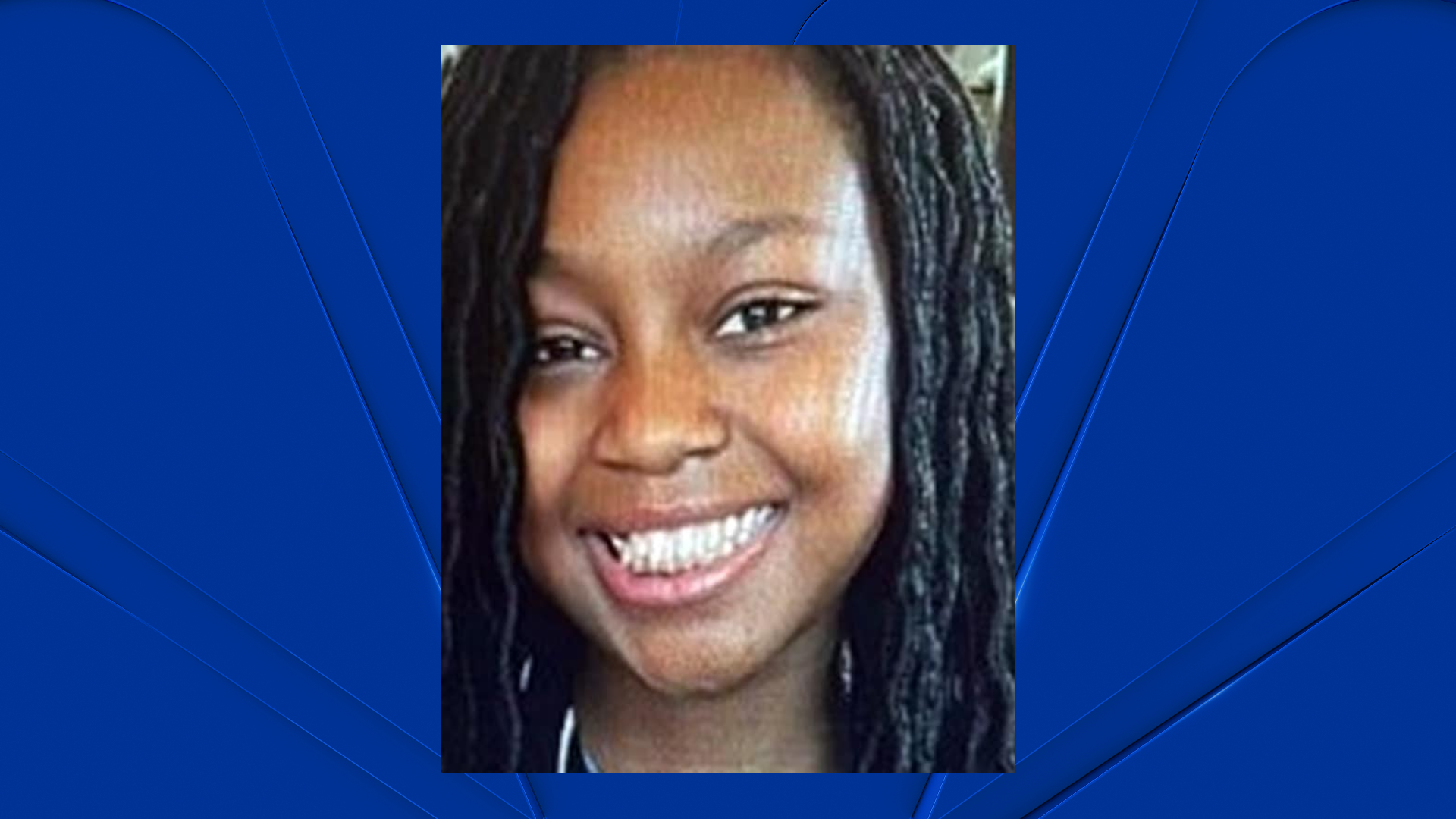As a measles cases in Chicago continue to climb and health officials arrive in the city to aid in efforts to prevent the spread, what do we know so far about the outbreak?
The rise in cases has sparked warnings from area officials, calls for monitoring and questions about vaccinations.
Here's a breakdown of what to know:
Timeline of confirmed Chicago cases
The Chicago Department of Public Health announced three additional cases on Tuesday, bringing the number of reported infections in the city to eight. The cases mark the first in Chicago since 2019.
Here's what we know about each:
First case reported on March 7
Local
The first case was reported last week in a city resident. According to officials, the source of the individual's infection is unknown and their infection period ended on March 6. The individual is "recovering well" at their home, officials said. Though an investigation did not identify any recent travel outside of Chicago, the infected individual did report interactions with domestic and international travelers. Officials have not been able to determine a link between this case and a case of an Indiana resident who visited Chicago last month.
Second case reported on March 8
Feeling out of the loop? We'll catch you up on the Chicago news you need to know. Sign up for the weekly Chicago Catch-Up newsletter.
The second case was announced early Friday morning and was reported in a child staying at a migrant shelter in Pilsen. The statement went on to say that the child has recovered and "is no longer infectious." Officials asked residents at the shelter to "remain in place until it can be determined whether they are vaccinated against measles and therefore immune to the infectious disease."
"Those who have been vaccinated can leave the shelter while those who have not been vaccinated will have to remain," the statement continued. "All unvaccinated residents will be screened for symptoms and offered the measles vaccine."
The CDPH on Friday said it will be establishing a process to begin assessing vaccination statues for all residents at the shelter.
Third case reported on March 10
A second case of measles was confirmed at the same Pilsen migrant shelter, public health officials announced Sunday.
According to the Chicago Department of Public Health, the case was confirmed at the Pilsen shelter this weekend.
A child has been hospitalized because of the illness, but is in good condition, according to officials.
Fourth and fifth cases confirmed on March 11
Two additional measles cases were confirmed in Chicago, also at the Pilsen migrant shelter.
The Chicago Department of Public Health announced Monday that infections were reported in two adults staying at the Pilsen migrant shelter. Both were said to be in stable condition.
Three more cases confirmed on March 12
Chicago health officials on Tuesday confirmed three more measles cases at the Pilsen migrant shelter. They offered no further details, however.
What to know about the Chicago cases
Health officials are working to contact individuals who may have been near the virus, and have determined that residents who were at the following locations on Feb. 27 may have been exposed to measles.
- Swedish Hospital, Galter Medical Pavilion at 5140 N California Ave, Chicago, IL 60625 between 8:30 a.m. and 12 p.m.
- CTA Bus #92 (Foster) between 9:15 and 11:30 a.m.
Anyone who was at the aforementioned locations at those times is encouraged to contact CDPH immediately at 312-743-7216 on weekdays between 8 a.m. and 5 p.m.
Those who develop symptoms should contact a health care provider prior to visiting a medical office or emergency department.
In addition, Cook County Health also issued a warning to patients about potential measles exposures within its facilities.
According to a Monday announcement from Cook County Health, the exposures are related to two of the five confirmed measles cases reported by the Chicago Department of Public Health.
The exposures happened at two different facilities, the announcement said.
"On February 27, a patient with measles-like symptoms presented to the Stroger Hospital Emergency Department," the announcement said. "The patient’s PCR test came back positive on March 5. The patient was admitted on February 27 under proper isolation and airborne precautions."
"On March 7, a second patient, who visited CCH’s Arlington Heights Health Center and CCH’s Professional Building, later tested positive for measles," the announcement continued."
Officials at Cook County Health are asking any person who was at the Stroger Hospital Emergency Department, or CCH's Arlington Heights Health Center during the above exposure timeline to contact the CDPH, at 312-743-7216.
On Tuesday, a team from the Centers for Disease Control and Prevention arrived in Chicago to assist with the city's response.
"CDC continues to recommend the safe and effective MMR vaccination as part of the routine immunizations schedule for all children and adults, with special guidance for international travel," the statement continued.
Chicago health officials urged those who are unvaccianted to "take precautions."
“While we’re seeing new cases every day, this is not like the COVID-19 outbreak. The vast majority of Chicagoans are vaccinated against measles and therefore not at high risk,” CDPH Commissioner Dr. Olusimbo ‘Simbo’ Ige said in a statement. “But those who are unvaccinated need to take precautions and if they’re exposed, quarantine immediately and connect with your healthcare provider. Above all else, get vaccinated so you, too, can be protected from this virus.”
Illinois health officials also said state assistance would be offered to support Chicago.
“IDPH is working to coordinate state assistance to support our local public health partners as they contend with a measles outbreak that reflects an ongoing national rise in measles this year,” IDPH Director Dr. Sameer Vohra said in a statement. “While the vast majority of Chicago and Cook County residents are vaccinated for measles and not at risk, we strongly support the call from the Chicago Department of Public Health for all unvaccinated residents to get the measles/mumps/rubella (MMR) vaccine now."
What is measles?
According to the World Health Organization, "measles is a highly contagious, serious airborne disease caused by a virus that can lead to severe complications and death."
While the virus can affect anyone, it is most prevalent in children.
"Measles infects the respiratory tract and then spreads throughout the body," the WHO reports.
According to the Centers for Disease Control and Prevention, measles is considered "one of the most congtagious diseases."
"So contagious that if one person has it, up to 90% of the people close to that person who are not immune will also become infected," the CDC reports.
What are the symptoms of measles?
The first symptoms can show anywhere from seven to 14 days after exposure to the virus, according to the CDC.
It often begins with symptoms like:
- high fever (may spike to more than 104°)
- cough
- runny nose (coryza)
- red, watery eyes (conjunctivitis)
Once symptoms begin, things can escalate.
Two to three days after symptom onset, something known as "koplik spots" can appear.
"Tiny white spots (Koplik spots) may appear inside the mouth two to three days after symptoms begin," the CDC reports.
Three to five days after symptom onset, a rash will likely begin.
"It usually begins as flat red spots that appear on the face at the hairline and spread downward to the neck, trunk, arms, legs, and feet," the CDC states, adding:
- Small raised bumps may also appear on top of the flat red spots.
- The spots may become joined together as they spread from the head to the rest of the body.
- When the rash appears, a person’s fever may spike to more than 104° Fahrenheit.
How does it spread?
Measles spreads when an infected person sneezes or coughs, according to the CDC.
"If other people breathe the contaminated air or touch the infected surface, then touch their eyes, noses, or mouths, they can become infected," the agency stated.
The virus can live in an airspace for up to two hours after an infected person leaves, officials say.
How long is someone with measles contagious?
Those with measles can spread it to others anywhere from four days before their rash appears to four days after, per the CDC.
How effective is the measles vaccine and how many shots do you need?
According to the CDC, two doses of MMR vaccine are about 97% effective at preventing measles, while one dose is about 93% effective.
Typically, the first dose is given to children between 12-15 months of age. The second dose is received between 4 and 6 years of age, though those without immunization record can receive the vaccine "as soon as possible."
According to the Chicago Department of Public Health, "most Chicagoans are routinely vaccinated in childhood and therefore not at high risk."
"Anyone who is not vaccinated against measles should do so," CDPH said in a release. "MMR vaccine is available at most doctor’s offices and pharmacies. Illinois children as young as 10 years-old can get vaccinated at pharmacies under Illinois law. CDPH Immunization clinics provide MMR vaccine for no out-of-pocket cost to any child 0–18 years and uninsured adults 19 and older."
The CDC reports people who received two doses of the vaccine as children are "protected for life" and do not need booster doses.
"Very few people—about three out of 100—who get two doses of measles vaccine will still get measles if exposed to the virus," the CDC notes. "Experts aren’t sure why. It could be that their immune systems didn’t respond as well as they should have to the vaccine. But the good news is, fully vaccinated people who get measles seem more likely to have a milder illness. And fully vaccinated people seem also less likely to spread the disease to other people, including people who can’t get vaccinated because they are too young or have weakened immune systems."
How can I find out if I received the measles vaccine?
Those looking to find out if they are vaccinated can check their immunization records here or ask their health care providers.
"The key to preventing measles is vaccination. If you are not vaccinated, we strongly encourage you to get the vaccine," CDPH Commissioner Dr. Olusimbo Ige said. "If you are unsure whether you’ve been vaccinated, ask your healthcare provider to find out if you need an MMR. If your child is 1 year old or older, and has never received the MMR vaccine, contact your child's pediatrician to discuss how your child can get caught up with their vaccines."



